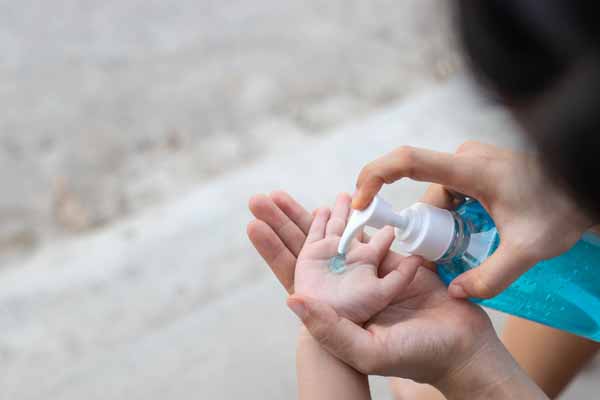
The recently discovered omicron variant of the COVID-19 virus has sparked fears about increased infectivity and transmissibility heading into the holiday season. But Texas Medical Association experts and public health officials say physicians and patients can lean into proven prevention strategies – including vaccination, masking, social distancing, improved ventilation, testing, and handwashing – as scientists continue to study the new threat.
The World Health Organization classified omicron as a variant of concern on Nov. 26, citing genetic mutations that could potentially increase transmissibility, show resistance to certain treatments, and reduce immunity, according to the Centers for Disease Control and Prevention (CDC). As of Dec. 6, the omicron variant had been detected in dozens of countries and at least 17 U.S. states, including Texas.
In the absence of available data so far about the effectiveness of monoclonal antibodies and antiviral therapies in treating omicron, Donald K. Murphey, MD, a pediatric infectious disease specialist in Austin and chair of TMA’s Council on Science and Public Health, emphasizes the hard-earned lessons of the pandemic so far, namely that vaccines, masking, and testing are proven to work.
For instance, omicron “is a really good reason for a booster,” now available for people 18 and older, he said. Early evidence suggests fully vaccinated people who contract the omicron variant can spread it to others, but all Food and Drug Administration-approved and authorized vaccines are expected to help protect against severe illness, hospitalizations, and death, according to CDC.
Additionally, preliminary data from where omicron is more widespread indicate that reinfections are more likely with omicron than with the delta variant, meaning a previous COVID-19 infection may not provide much immunity against reinfection.
Public health officials also point to improving building and home ventilation as another important nonpharmaceutical intervention, which can work in concert with other prevention strategies to mitigate risk of exposure. “Protective ventilation practices and interventions can reduce the airborne concentrations and reduce the overall viral dose to occupants,” CDC said.
The federal health agency also encourages physicians to take travel histories from patients with suspected or confirmed COVID-19 cases, and to notify their local health department if the case is confirmed and the patient has a history of international travel within 14 days before symptom onset or a positive test.
As with previous variants, omicron may usher in another surge of COVID-19 cases, and “a new strain could absolutely come to Texas and spread and overwhelm the health care system,” Dr. Murphey said. But, as with previous surges, he says these interventions also could help flatten such a curve.
Emma Freer
Associate Editor
(512) 370-1383